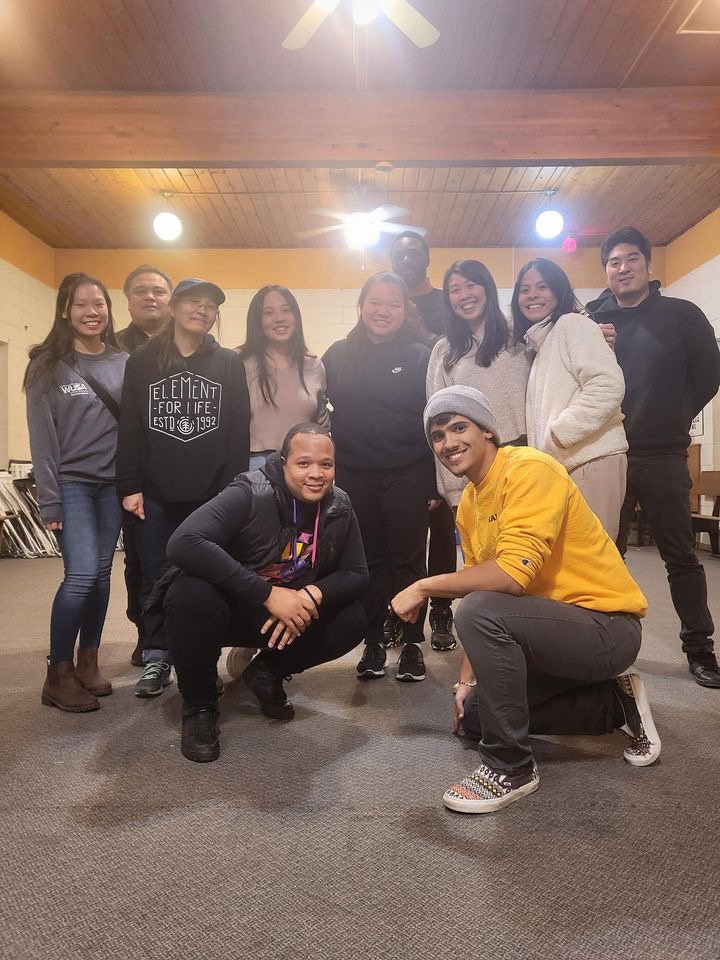Fostering Resilience in Poverty - Impacted Communities
I am Grace, currently studying in the Community Worker Program at George Brown College. However, before coming to Canada, I worked as a social service worker for four years in Taiwan. During this time, I focused on assisting teenagers involved in criminal activities and children who were victims of family abuse. Through these experiences, I gained a deep understanding of how various tragedies stem from underlying core issues and social oppression, with poverty being one of the most significant and pervasive among them.
Upon beginning my placement as a student at TCM, I began working with children and youth in the Kingston Galloway community. I actively participated in various programs, including those tailored for youth, community children, and tutoring. Throughout my nearly three-month internship, I was pleasantly surprised by the strong sense of community and the virtuous circle of support present in the Kingston Galloway community. Despite the challenges, the youth eagerly attended community activities after school, often bringing along friends or siblings to partake in the shared resources and sense of belonging. Moreover, many of the youth voluntarily assisted in mentoring younger children or supporting workers in various children's programs. From my perspective, this level of engagement is noteworthy, considering the typical demands and distractions teenagers face in their relationships, especially concerning friendships and romantic interests. However, the youth in the Kingston Galloway community demonstrated a remarkable commitment to their community, even cultivating relationships within it. This indicates a strong connection and solid relationships between workers and youth, which in turn, fosters an environment that attracts more youth to engage with the community.
As a placement student, I learn and observe how Carmen and Mila support youths, kids, and their families. Carmen and Mila are always patient and gentle when dealing with each child and addressing their difficulties. The most impressive aspect for me is when youths come into the community with anger after school due to facing challenges or difficulties. They often express their complaints or talk about everything that happened in school to Carmen and Mila. Mila and Carmen always listen attentively and empathize with their emotions. Furthermore, they engage in discussions with the youths and offer solutions to the challenges they face. Learning from Carmen and Mila, I understand the importance of listening and acceptance. Moreover, I have also learned counseling skills and how to generate solutions. When there are new children or youths in our community, Carmen and Mila always maintain an open and friendly attitude towards them.
During this three-month internship, I observed the significant effort that workers put into building relationships with children and youth. The Kingston-Galloway community, by being entrenched within the community and offering a range of programs over an extended period, begins engaging with youth from a young age. By establishing relationships early on, it becomes easier for workers to support children and their families when they encounter life's challenges. Additionally, early intervention provides children and youth with more opportunities for support before negative circumstances arise, mitigating potential harm. Recognizing this, I firmly believe in the importance of prevention over cure.
Reflecting on these insights, I have volunteered to write an article for a blog, as I believe it's crucial to spread the concept that "prevention is more important than cure." We must proactively reach out and support our children and youth, making them aware of the available resources and supportive individuals they can turn to. Delaying intervention until they reach adulthood may be too late.



